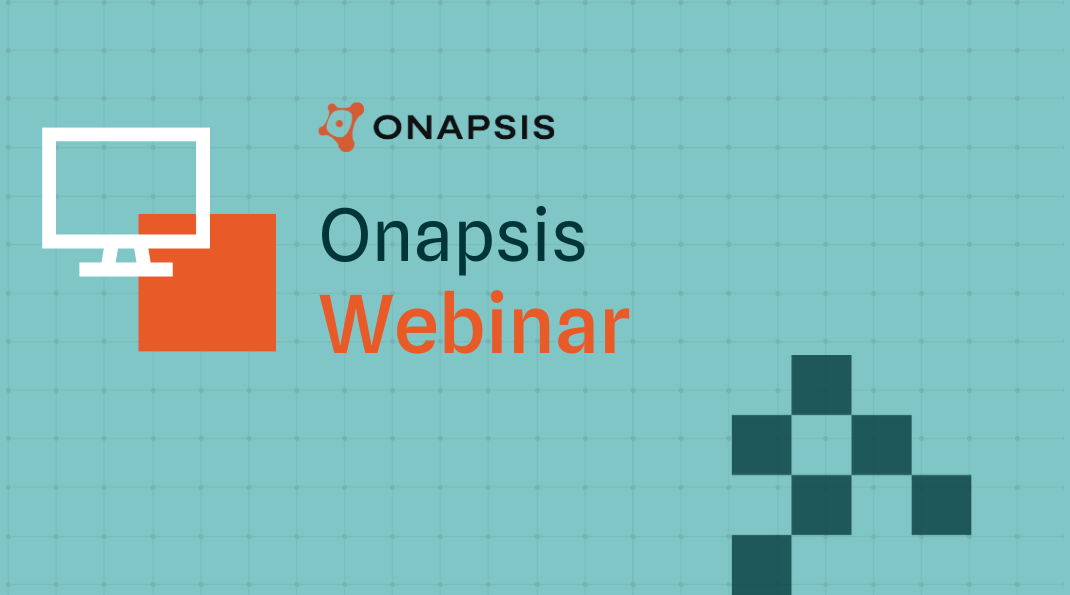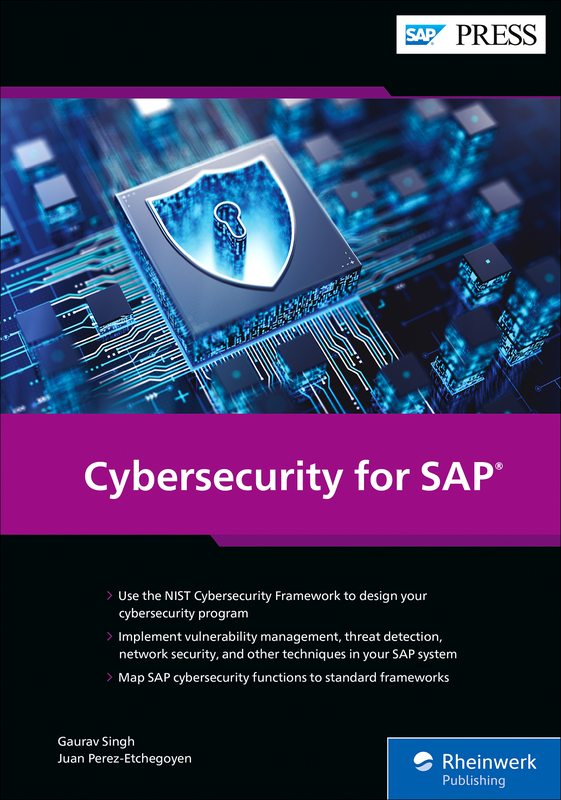Why ERP Cybersecurity is a Priority
Your enterprise resource planning (ERP) systems, like SAP and Oracle, are the operational engine of your business. They run the critical applications and hold the sensitive data that keep you functioning. But because they’re so essential, they’re also a primary target for attack. Understanding the fundamentals of ERP security isn’t just an IT issue; it’s a core business requirement.





